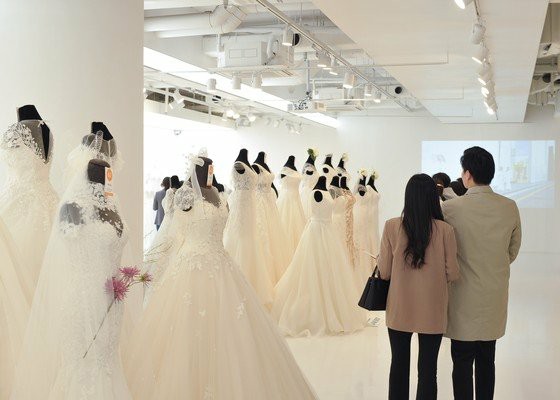 |
South Korea is gradually moving toward a 'solo society.' The percentage of people who think marriage is "essential" was 50.0%, down 1.2 percentage points from the survey two years ago. Women are even lower, at just 44.3%.
Furthermore, it is surprising to look only at unmarried people. Only 36.9% of unmarried men and 22.1% of unmarried women said they should get married. Only 29.1% are in their teens (ages 13-19). Most of the reasons for not getting married are economic reasons, such as "lack of funds for marriage" (28.7%) and "employment instability" (14.6%), but more than 10% of respondents said that they "do not feel the need to get married."
The official said that "marriage is not a necessity but a choice" has now become a basic understanding of Korean society. Indeed, the 'marriage rate' (the number of marriages per 1,000 population) has declined from 6.5 in 2012 to 5.9 in 2015 and 3.8 in 2021.
Of course, 65.2% of respondents said they could live together without getting married, up 5.5% from two years ago. This so-called 'possible cohabitation theory' is on the rise, with 45.9% in 2012 and 59.7% in 2020. However, there are not many common-law couples living happily. Last year, the number of single-person households exceeded 9,367,000, surpassing 40% of all households for the first time. In particular, the main factor is the rapid increase in the number of single-person households in their 20s and 30s, who are at a marriageable age. This is not irrelevant to the spread of the "tendency to never marry."
34.7% of respondents said they could have children without getting married, up 4.0 percentage points from two years ago. Yet South Korea is still an embarrassing 'adoptive departure'.
Today's social phenomenon of avoiding marriage accelerates low fertility and makes the population cliff steeper. This is inevitable. South Korean society still regards marriage, childbirth, and childrearing as a "normal family". Otherwise, they are considered 'out of the system'. If you don't care what other people think, it's not enough. This is because it is difficult to receive the benefits of various policies.
Changes must also be brought about to countermeasures against low fertility that presuppose marriage. Is it necessary to carry out such extensive social research at such great expense if it does not bring about change in policy?
2022/11/24 09:55 KST


